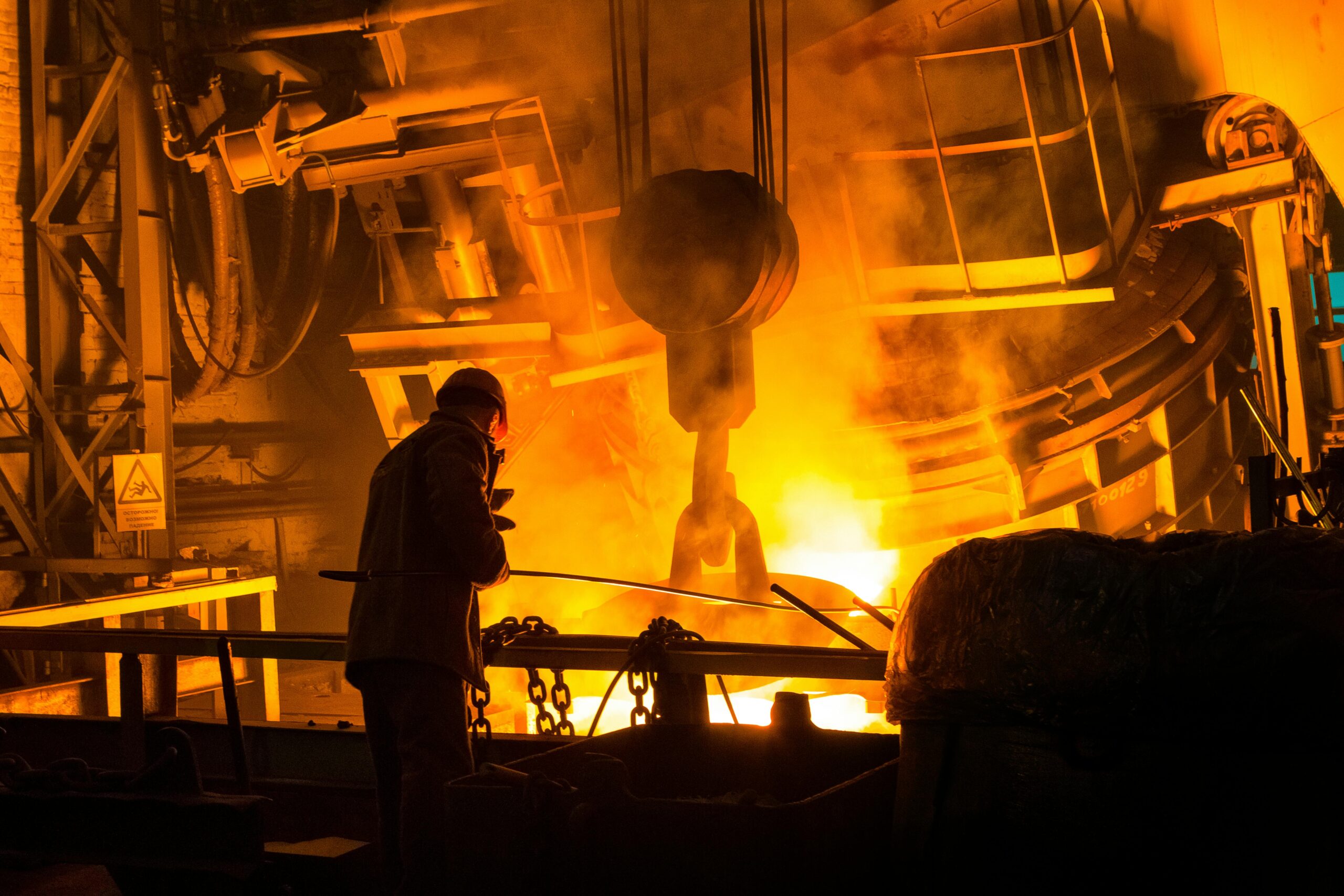Call or Text
801-438-4793Benefits of Indoor Air Filtration and Purification
December 8, 2014
Keeping indoor air clean is important to respiratory health and the overall aesthetic of your home–smelling clean and nice is an aesthetic after all. Indoor air is susceptible to a wide range of contaminants–from smoke and pet dander to dirt and debris from outdoors–and removing these contaminants from the air is best done with an indoor air filtration or purification system. Air purifiers come in a variety of sizes and forms and can range from small, stand alone units to larger, air handler unit attachments and devices that connect to HVAC systems for large scale commercial, industrial, or medical use. Here is a better look at indoor air filtration and a few benefits of these systems.
How Air Purifiers Work
Depending on the size and the exact variety of air purifier, there are a few different processes involved in purifying the air. The filtration process works by trapping indoor air particles as the air is forced through the filter. Contaminants larger than about 0.3 micrometers will be captured by the filtration system and retained before passing through. Another method of purification is known as ultraviolet germicidal irradiation. This process sterilizes the air as it flows through the system. A fan is used to blow the air towards a UV lamp where microorganisms and other contaminants are removed from the air.
Benefits of Air Purifiers
Since air purifiers are designed to remove allergens like dust, pollen, mold, pet dander, and other contaminants from the indoor air, they have a variety of benefits to respiratory health. Smoke and other volatile organic compounds can also be removed through air purification. Reducing the risks of sick building syndrome from exposure to harmful contaminants throughout the air is an important benefit of air filtration and purification. While tangible health benefits are hard to measure when it comes to air purifiers, the general quality of your indoor air will reflect any potential health benefits of installing a filtration and purification system. For example, if you have dirty, smoke laden air, an air purification system could carry more direct benefits to your respiratory health than in homes with overall less contaminated air.
Air purification systems, of course, require maintenance and are subject to deficiencies. Many of these, such as ozone production, noise levels, energy consumption, and visual appeal are variable by the type of purifier, quality, and maintenance level of the system. Maintaining the purifiers will help prevent many of these potential problems. Change or clean the filter regularly–depending on exact indoor environment. This will also help to ensure that the purifier emits only small amounts of ozone–in purifiers that emit ozone. Research types of air filters and invest in a quality purifier for your home.
Recent News

Do You Need a Water Softener? How to Tell & How You Benefit
May 29, 2025
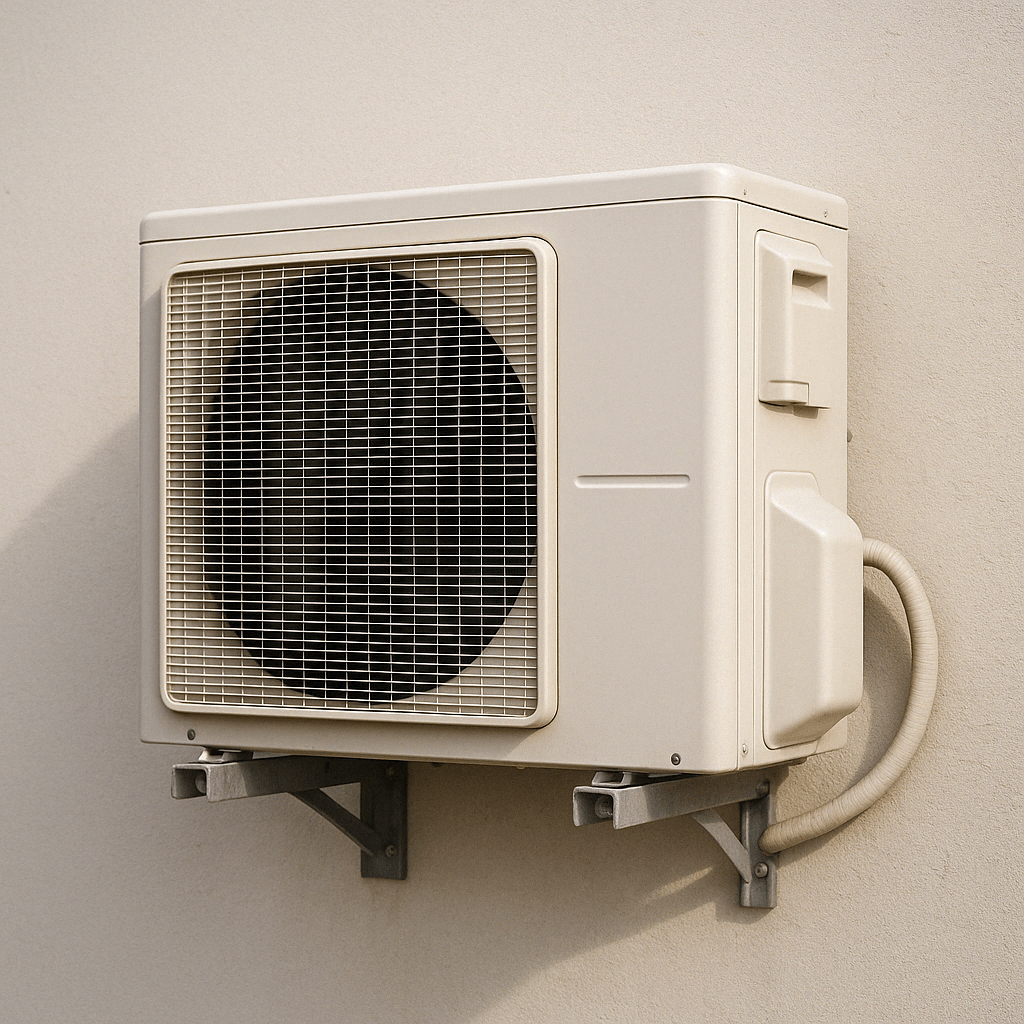
Get Your Air Conditioner Ready for the Summer with Superior Water & Air
April 21, 2025
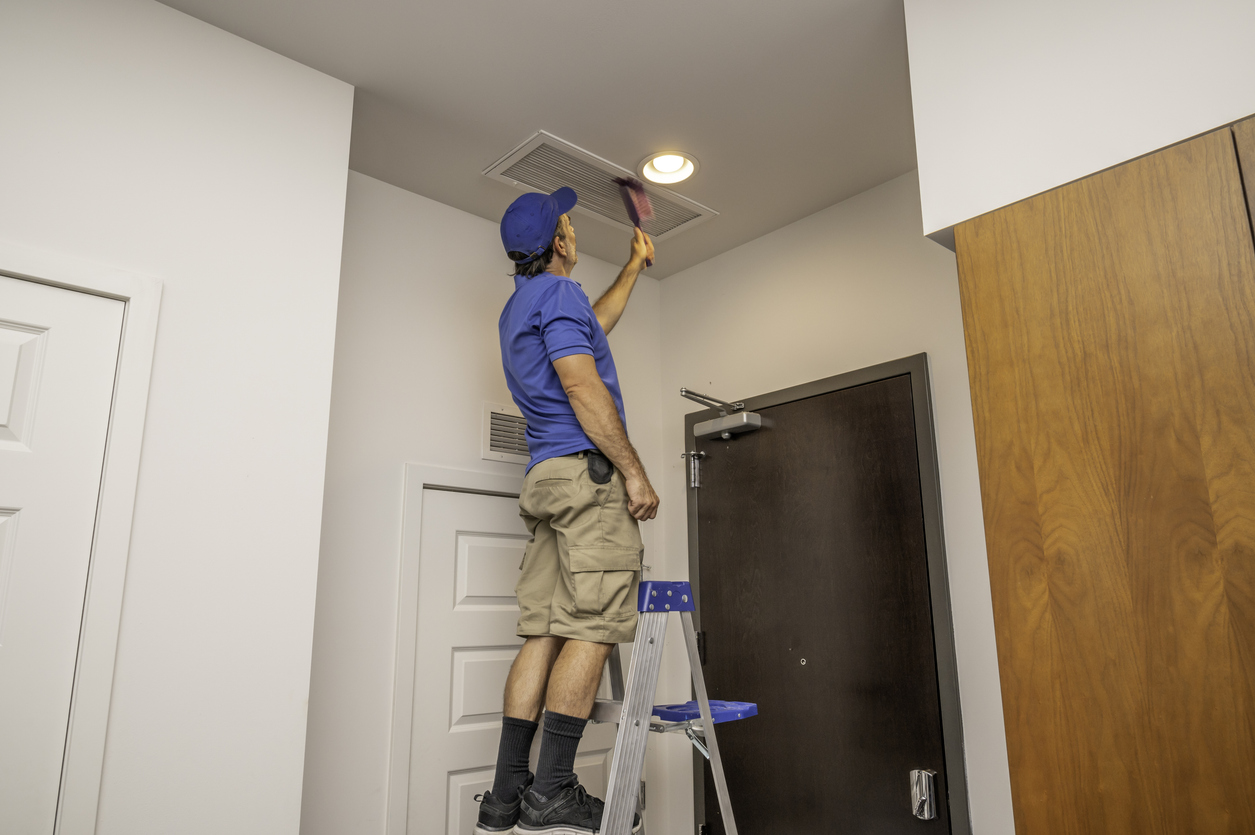
Why You Need the Air Ducts Cleaned in Your Home: Benefits & More
April 3, 2025
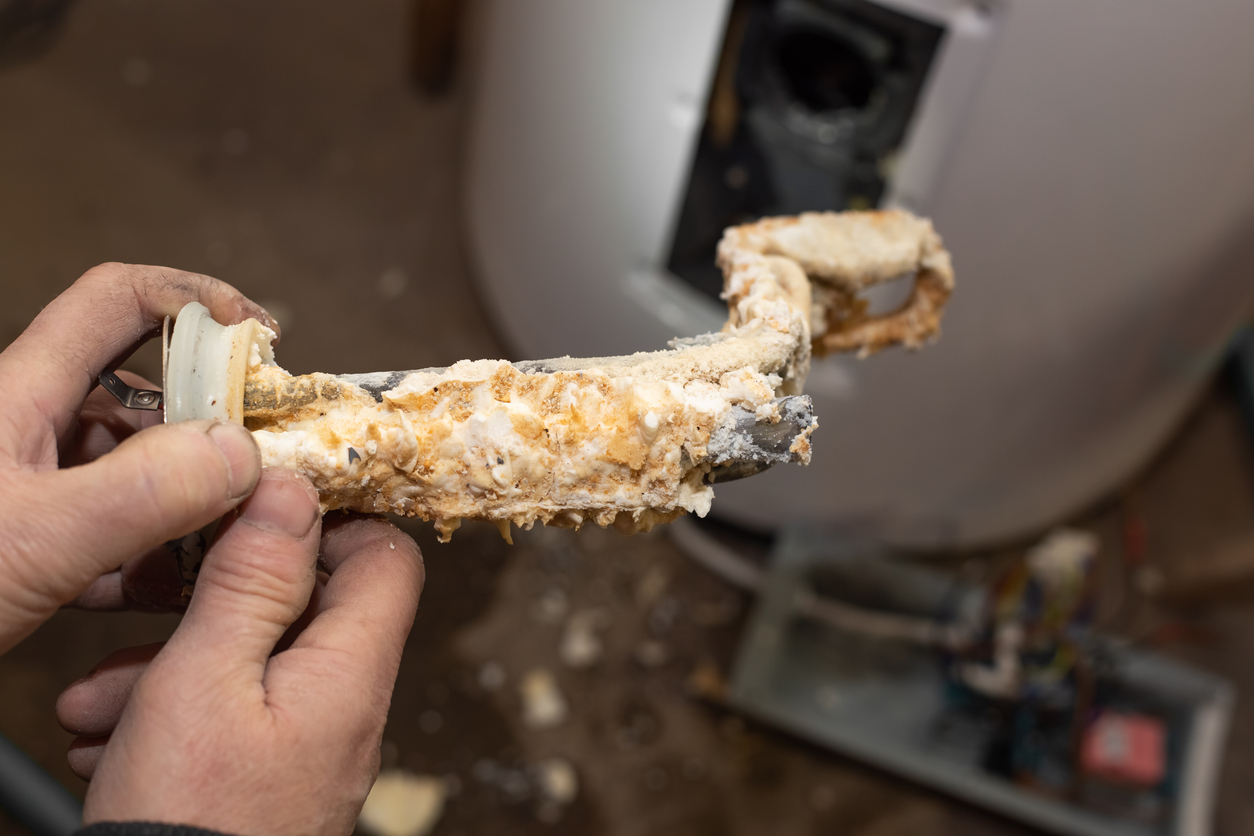
How to Determine Water Hardness & Treat Effectively
February 25, 2025

How to Save On Your Heating Bill During Winter
February 10, 2025
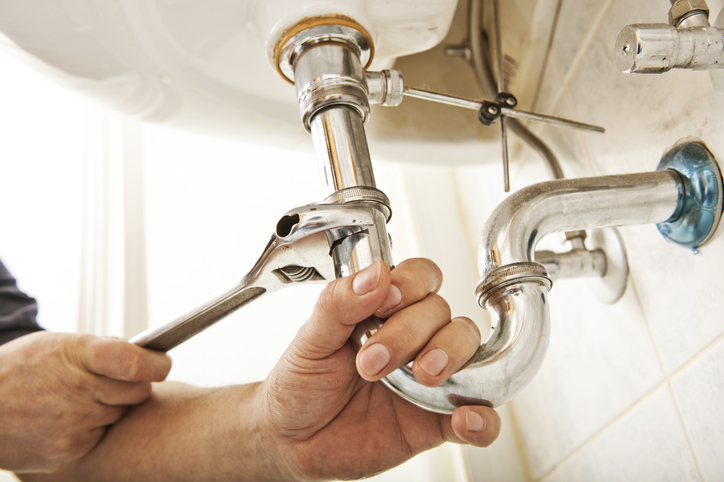
Cost Savings with Proper HVAC and Plumbing Systems in Winter
December 9, 2024
